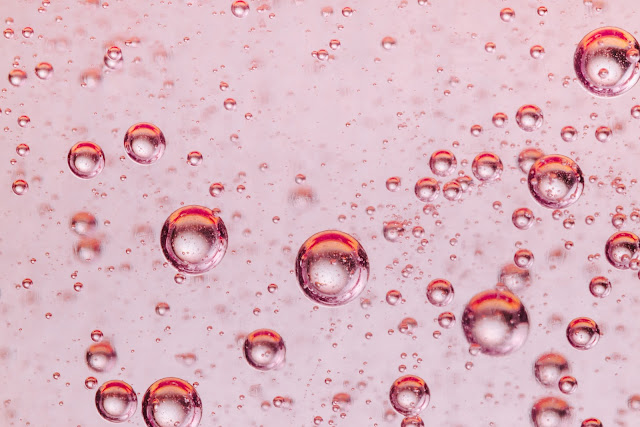Does paraben increases the risk of breast cancer?
 | ||
| Does paraben increases the risk of breast cancer? | Healthbiztips | photo credit: Pawel Czerwinski @pawel_czerwinski |
Does paraben increases the risk of breast cancer? | Healthbiztips
@healthbiztips by Arlene Gentallan | health blog
Paraben, a common additive found in beauty and personal care products, has been associated with an increased risk of development of breast cancer, despite this, it continues to be in widespread usage.
Breast cancer is one of the leading cause of deaths across the globe. In fact, it's prevalence is alarmingly notorious among women, along side skin cancer.
Did you know that our body can easily absorb paraben even through an intact skin. This preservative can leach into the blood and be detectable in the urine of those who are exposed to it. Furthermore, samples from amniotic fluid revealed that this chemical can even seep into the unborn child.
How paraben works is that it disrupts the hormone balance in the body as it closely resembles the property of estrogen which in turn enhances the growth of cancer cells. Despite the fact that paraben is a languid estrogen copycat, laboratory studies shows that it still exerts the ability to hasten the growth of tumor.
There are several types of parabens which includes butylparaben and methylparaben.
Even with the presence of studies pointing out the detrimental effect of paraben on a person's health, companies still continues to include it in various items common folks use in their everyday life because of it's practical and cost effective purpose which is to increase the manufactured items' shelf life.
In addition, paraben isn't just present in the things a woman commonly apply on her face or skin, but it can be among the ingredients found in processed foods and medications.
Taking these information into consideration, it is the duty of a well-informed consumer to make the right choice. To avoid the health repercussions involved with using paraben containing products, opt for paraben free cosmetic and beauty products instead. Shift to all-natural beauty and cosmetic brand. Make sure you read a products label and skim over it's ingredients.
Resources:
Gray, J. M., Rasanayagam, S., Engel, C., & Rizzo, J. (2017). State of the evidence 2017: an update on the connection between breast cancer and the environment. Environmental health : a global access science source, 16(1), 94. doi:10.1186/s12940-017-0287-4
Pan, S., Yuan, C., Tagmount, A., Rudel, R. A., Ackerman, J. M., Yaswen, P., … Leitman, D. C. (2016). Parabens and Human Epidermal Growth Factor Receptor Ligand Cross-Talk in Breast Cancer Cells. Environmental health perspectives, 124(5), 563–569. doi:10.1289/ehp.1409200







